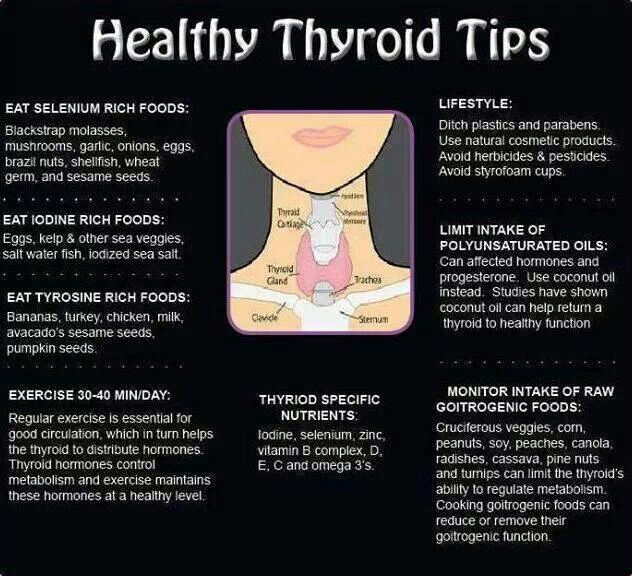

illustrated changes in the microbiota in 10 participants after only five days of eating either a plant-based or animal-based diet. For example, a rodent study showed that a change from a low-fat and high-fiber diet to a “Western diet” (high sugar, high fat, low fiber) made a difference in their microbiota composition after just one day. In regard to nutrition, the composition of the microbiota can be positively influenced by dietary fibers and other probiotic factors. Intestinal bacteria play a role in vitamin synthesis (vitamin K, folic acid, vitamin B2, B3, B5, B6, B7, and B12, digestion of dietary fibers, regulation of the immune response, and mental disorders. Microbiota seem to reach the maturity of an adult at the age of about three years, however this can be changed at any age by the factors mentioned above. This extends to the influence of diet, use of antibiotics, other drugs, genetics, environment, and diseases. The bacterial composition shows geographical differences and numerous factors influence the composition of the microbiota, starting in utero and continuing with the way a baby is born and if it is being breastfed -children born by Caesarean section have a lower diversity of intestinal bacteria. Trillions of bacteria are found in the human intestine, in jejunum and ileum, but most of them are in the colon, where the two dominant strains are Firmicutes and Bacteroides. Humans have always been living together in a symbiotic community with their microbiota. Future well-powered human studies are warranted to evaluate the impact of alterations in gut microbiota on thyroid function and diseases. Multifactorial therapeutic and preventive management strategies could be established and more specifically adjusted to patients, depending on their gut bacteria composition.

A literature research was performed to examine the interplay between gut microbiota and thyroid disorders that should be considered when treating patients suffering from thyroid diseases. Supplementation of probiotics showed beneficial effects on thyroid hormones and thyroid function in general.

Bariatric surgery can lead to an inadequate absorption of these nutrients and further implicates changes in thyroid stimulating hormone (TSH) and T3 levels. Those micronutrients are often found to be deficient in AITDs, resulting in malfunctioning of the thyroid. Iodine, iron, and copper are crucial for thyroid hormone synthesis, selenium and zinc are needed for converting T4 to T3, and vitamin D assists in regulating the immune response. Additionally, the composition of the gut microbiota has an influence on the availability of essential micronutrients for the thyroid gland. Dysbiosis has not only been found in AITDs, but has also been reported in thyroid carcinoma, in which an increased number of carcinogenic and inflammatory bacterial strains were observed. This can be explained by the damaged intestinal barrier and the following increase of intestinal permeability, allowing antigens to pass more easily and activate the immune system or cross-react with extraintestinal tissues, respectively. Thyroid and intestinal diseases prevalently coexist-Hashimoto’s thyroiditis (HT) and Graves’ disease (GD) are the most common autoimmune thyroid diseases (AITD) and often co-occur with Celiac Disease (CD) and Non-celiac wheat sensitivity (NCWS). A healthy gut microbiota not only has beneficial effects on the activity of the immune system, but also on thyroid function.


 0 kommentar(er)
0 kommentar(er)
